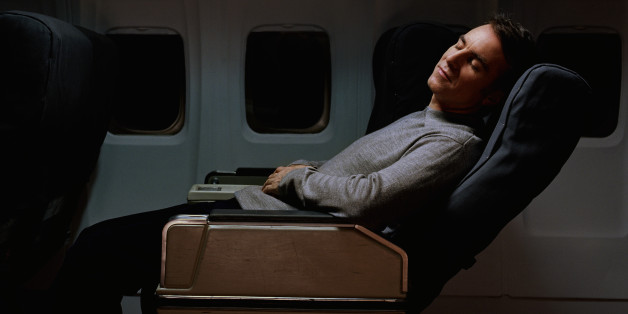New COVID-19 test requirement for international flights to the US begins; are travelers (and airlines) ready?
As of Tuesday, travelers boarding international flights to the United States have a big hurdle to clear.
For the first time since the coronavirus pandemic began, all passengers ages 2 and older must present a negative coronavirus test taken no more than three days before their flight or proof they recovered from the virus within the past three months. Those who don’t will be denied boarding. Canada, the United Kingdom and many other countries already had this entry requirement.
The new U.S. requirement was announced by the Centers for Disease Control and Prevention on Jan. 12 and formalized in President Joe Biden’s executive order on COVID-19 safety in domestic and international travel last week. It significantly broadens a CDC order on Christmas Eve that required tests on for passengers flying into the U.S. from the United Kingdom.
Masks a must: Biden signs order mandating masks on planes
The goal, of course: to help stop the spread of thecoronavirus that causes COVID-19. International travel is still severely restricted around the globe, but U.S. vacationers craving a getaway have been flocking to beaches in Mexico and the Caribbean in part because of a lack of restrictions in many destinations.
There were 2.1 million international passenger arrivals in the United States from Dec. 1 to Dec. 28, an average of 76,000 passengers a day and quadruple the number of passengers in June, Martin Cetron, director of the CDC’s Division of Global Migration and Quarantine.

There is already evidence the testing requirement, which means travelers have to find a place to get tested during their vacation and risk being stranded if they test positive, is having an effect. United Airlines said last week that it has seen an increase in cancellations and a decline in bookings to Mexican beach resorts since the rule was announced.

Tammy McQuitty took a New Year’s trip with her family to Cancun and felt safe with the COVID-19 protocols in place, so she and her husband planned a trip to Puerto Vallarta for February. The frequent travelers from Colorado Springs, Colorado, visit Mexico two to three times a year.
They canceled the Puerto Vallarta trip the day after the CDC announced the testing requirement. There were just too many unknowns, McQuitty said.
“What if one of us tests positive and one of us doesn’t? Where do we stay? What do we do?” she said. “Everything was so up in the air it was absolutely not worth the risk.”
The Secrets resort they booked through American Airlines vacations is offering an insurance policy of sorts, a free stay of up to 14 days if they were forced to stay in Mexico and quarantine after testing positive for their return flight. (The policy is in effect through March 31.)

“I’m like, ‘There’s got to be some kind of catch in that because that’s an awful lot of money they’re going to lose,”’ she said.
The couple plan to visit Savannah, Georgia, instead.
The U.S. State Department on Monday reminded travelers about the new rule and reiterated its stance that U.S. citizens should reconsider nonessential travel abroad.
It cited three new risks travelers face given the new requirement: testing availability and turnaround times; possible stranding abroad if someone tests positive; and difficulty accessing or financing medical care in a foreign country.





